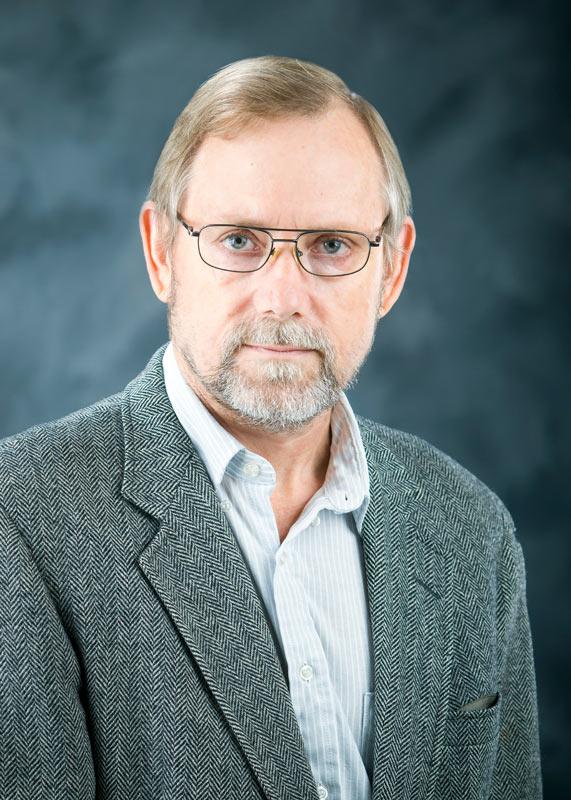
Department / Division
- North American Archaeologist
Classification
- Emeritus Faculty
Title
- Emeritus Director
Contact
Phone: (662) 325-3826
I am an evolutionary archaeologist, a theoretical stance that is ideal for anyone interested in understanding the intersections between nature and culture and how each is shaped by the other over time. My research interests are centered on long-term human/nature interactions, including documenting and quantifying prehistoric human environmental impact. I specialize in the analysis of molluscan remains, especially freshwater mussel and land snail shells. This can be used to provide information on past environmental conditions. Mussel shell can be used for a number of other purposes as well. I am developing a method for sourcing shell-tempered pottery though the chemical content of shell temper particles, using a Laser Ablation-Inductively Coupled Plasma-Mass Spectrometer. I also am working with biologists to conduct biogeographical research on original mussel ranges and species abundances using archaeological shell, providing information useful for conservation efforts today.
In addition to my work in environmental archaeology, I am concerned with how cultural resource management, or CRM, is practiced. This concern arises from my previous employment with a CRM firm and the U.S. Forest Service. Commercial archaeology is the main arena for M.A. students seeking jobs, and it allows for many sites to be recorded and excavated that otherwise would be destroyed. But, because of the business-oriented nature of CRM, many practices have evolved that create biases in what is considered to be significant in scientific terms. I am working on a number of projects involving graduate students that seek to demonstrate how CRM could be improved through a better appreciation of variability in the archaeological record, something of utmost importance from an evolutionary perspective. Recognizing and sampling variability is critical if CRM is to fulfill its promise of salvaging information in a manner suitable for all future generations of archaeologists and the public who funds us.
Other research interests include developing new methods for microartifact analysis and understanding formation processes and their effects on archaeological sites. I have found and recorded over one thousand archaeological sites, and have conducted excavation at sites of various sizes and ages, including the Mississippian-period Lyon's Bluff site in Mississippi and the Poverty Point site in Louisiana. I am pleased to include students in my research, and have co-authored a number of papers with both undergraduate and graduate students.